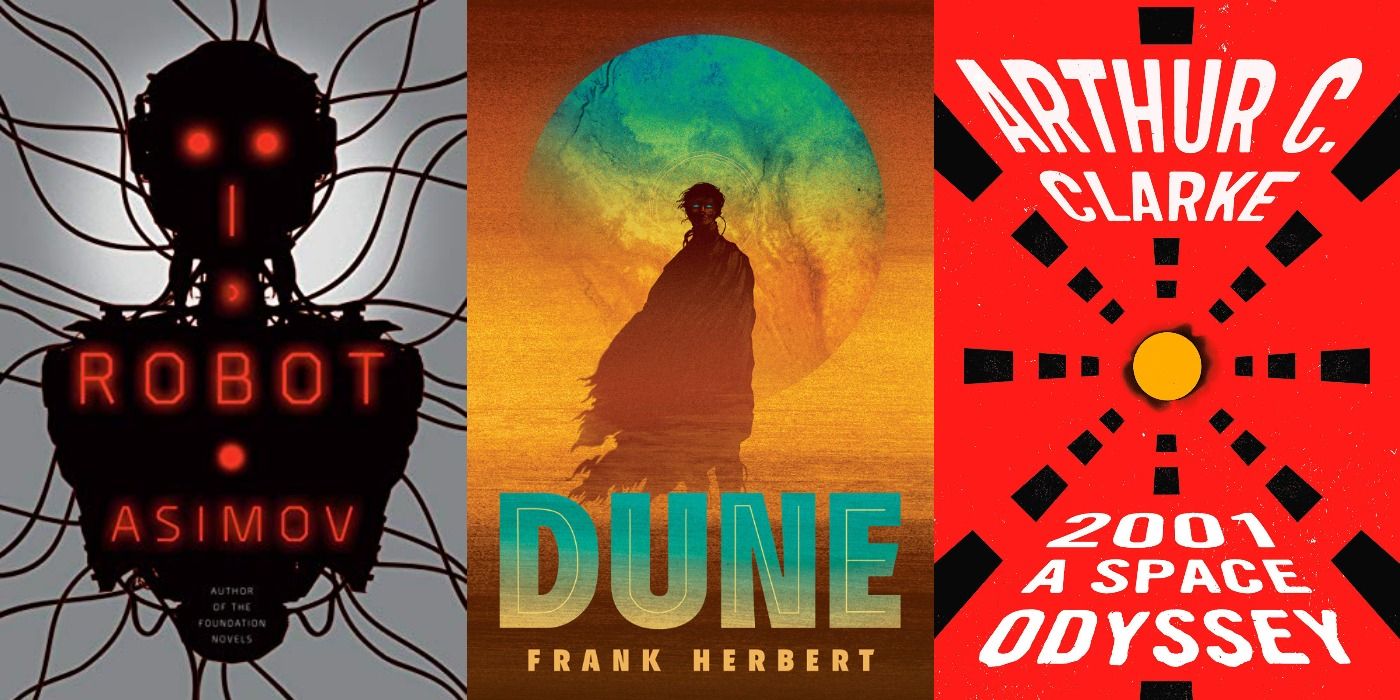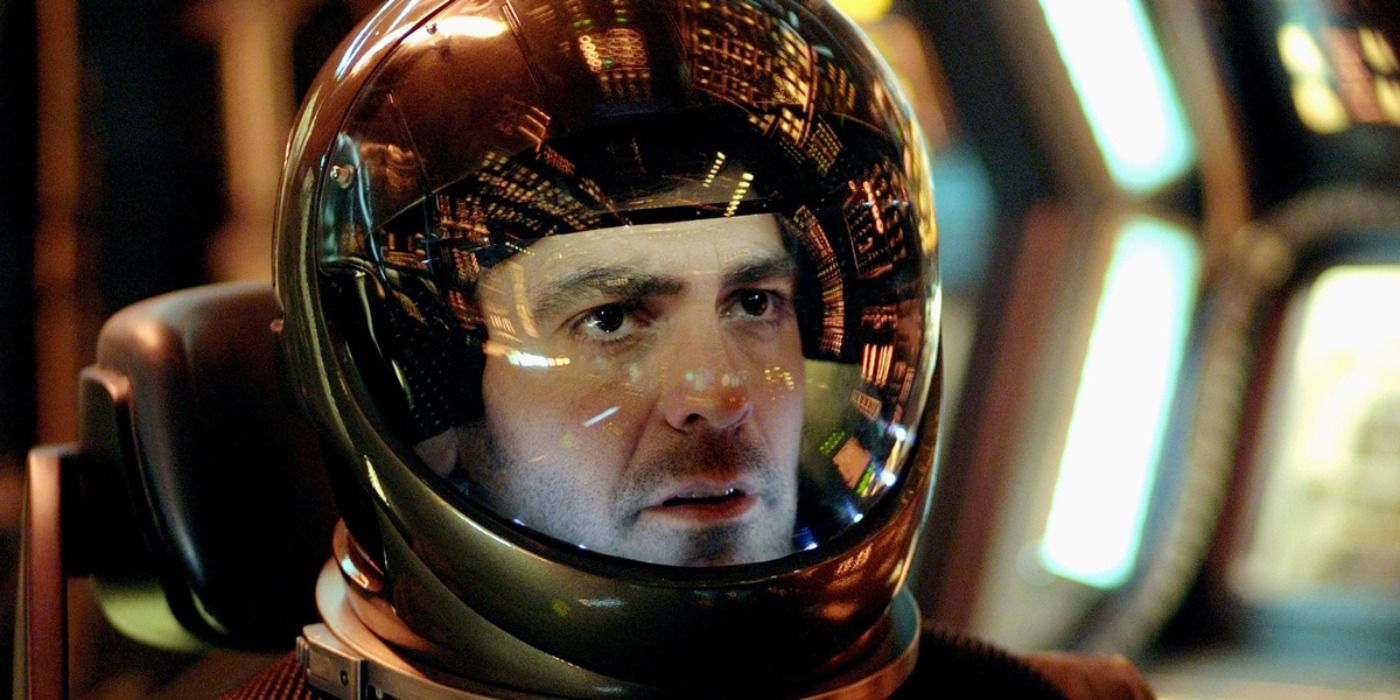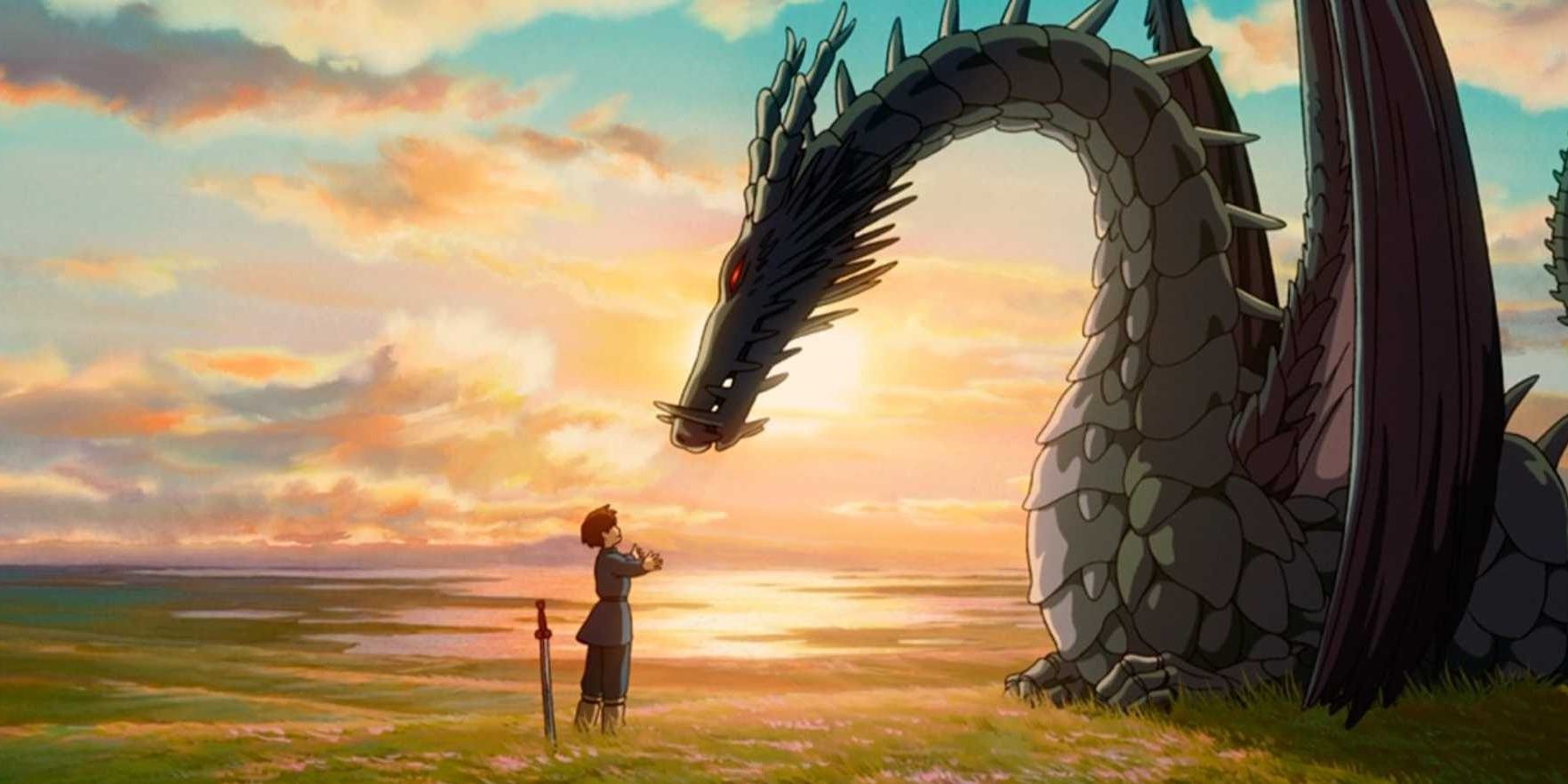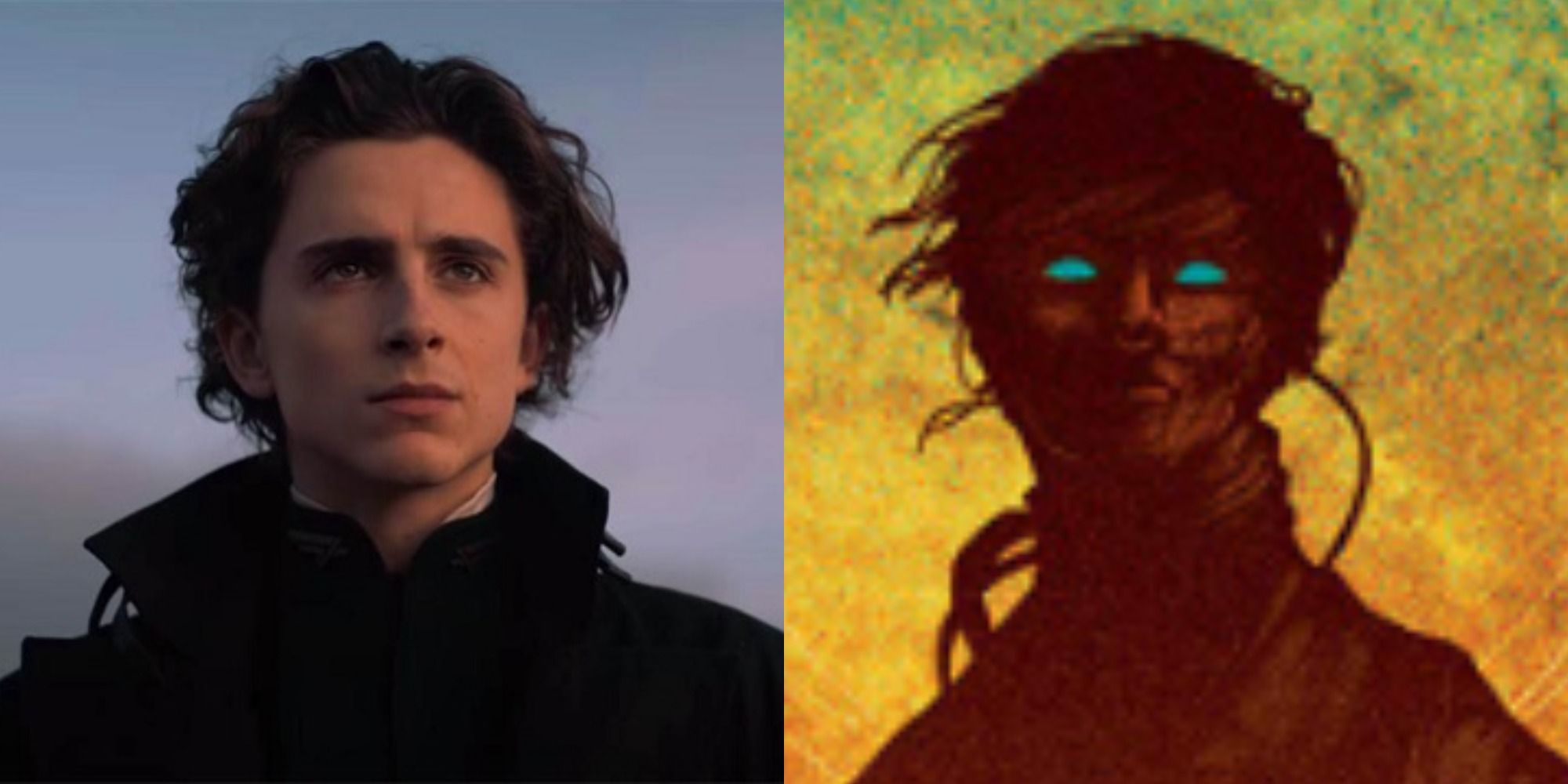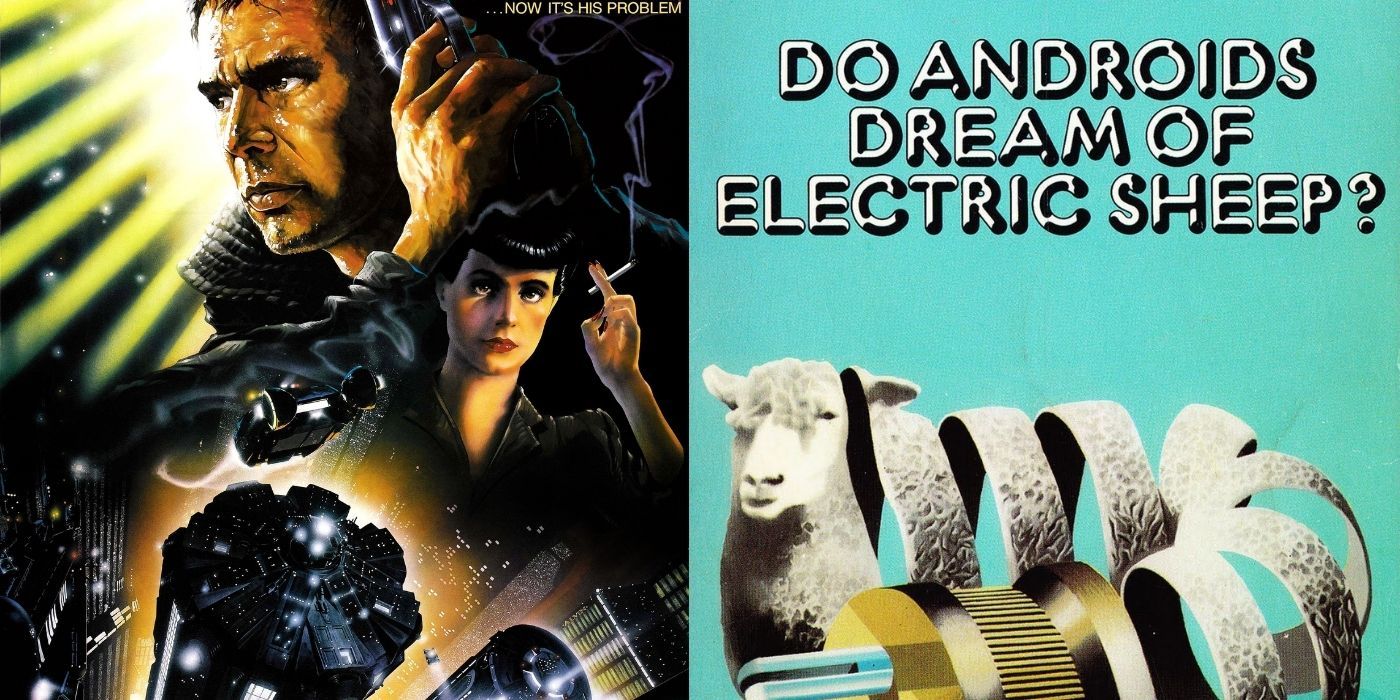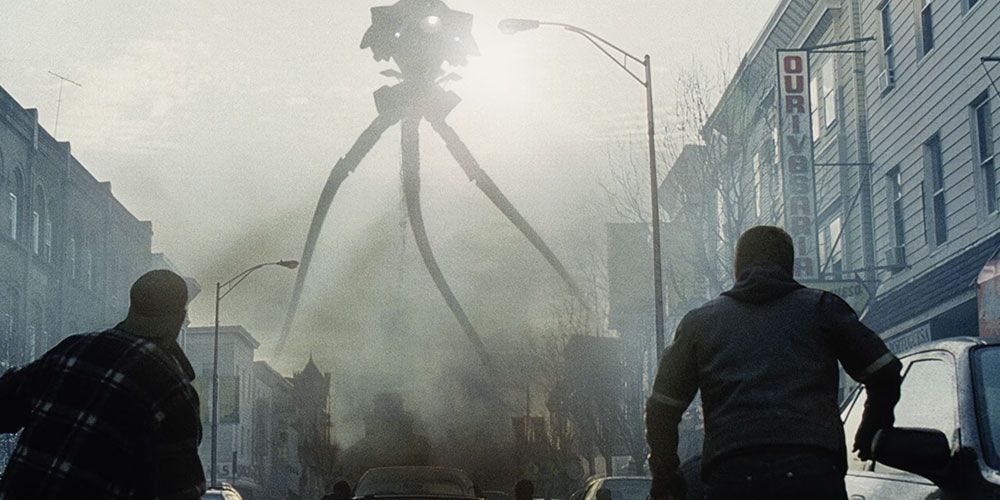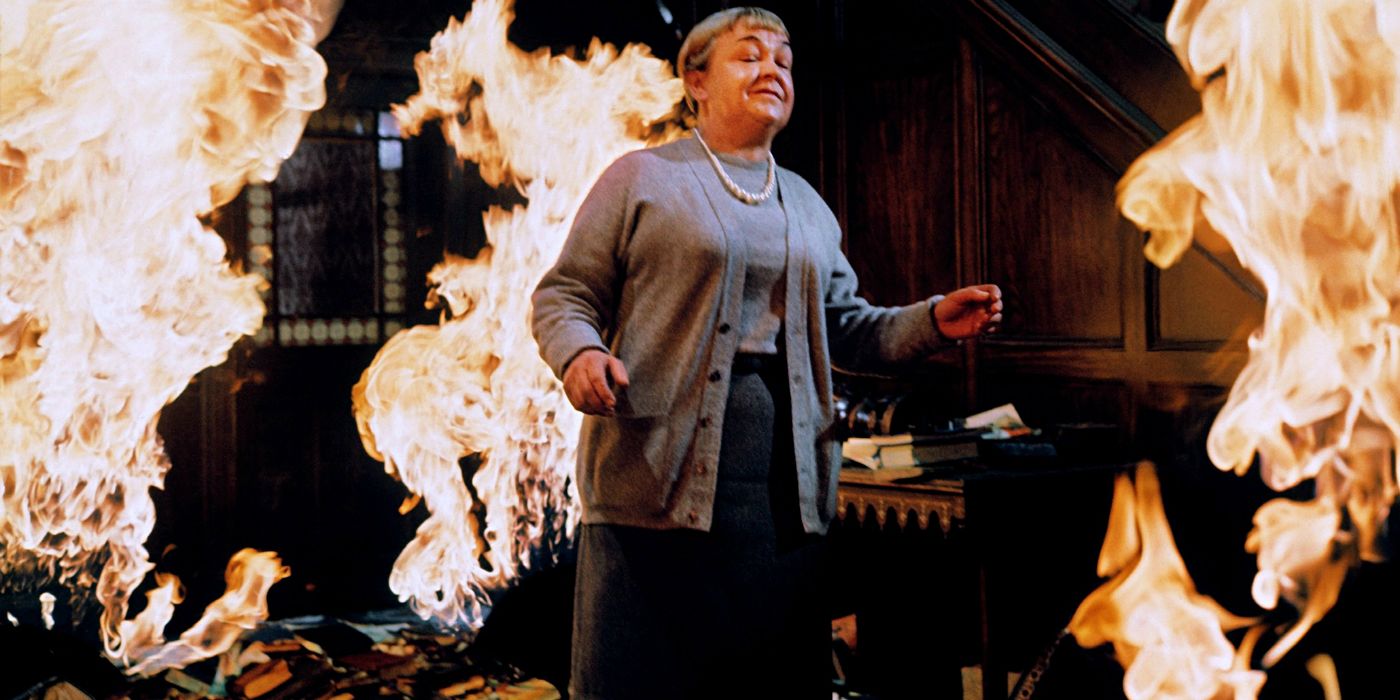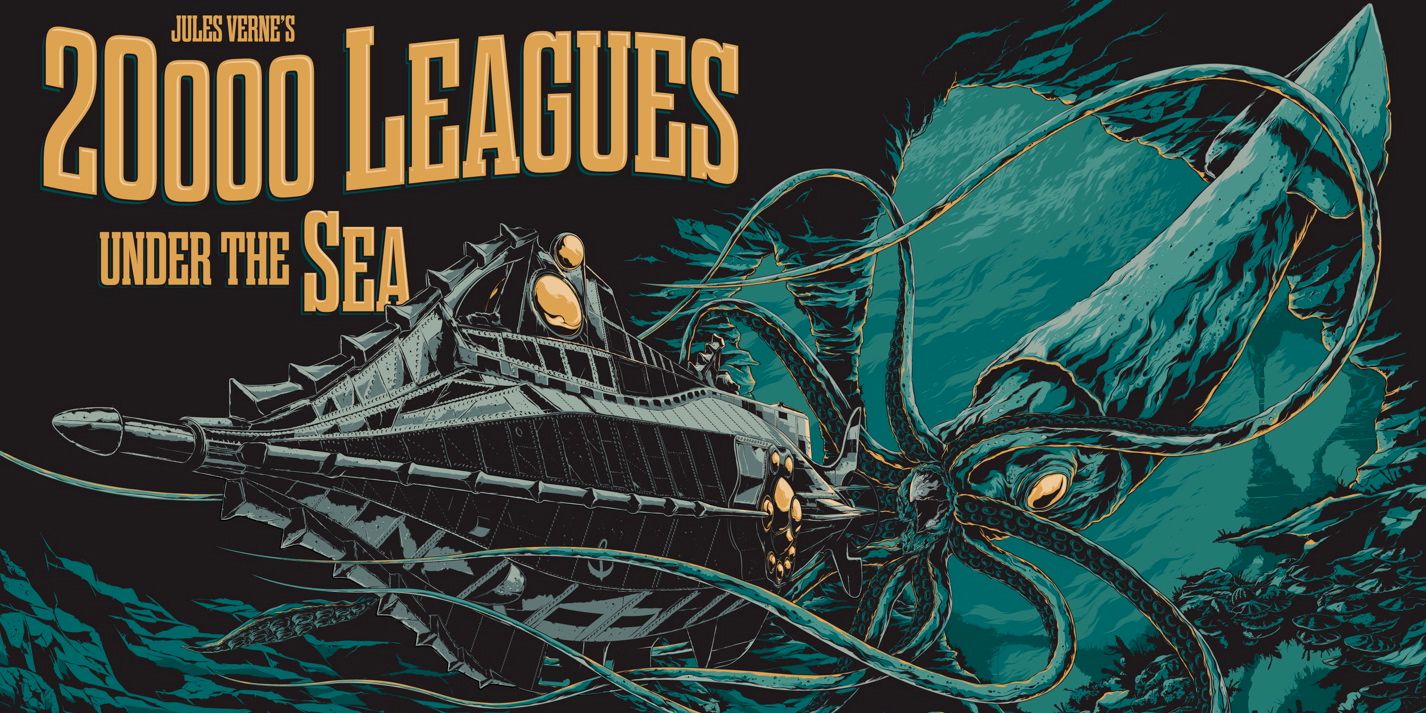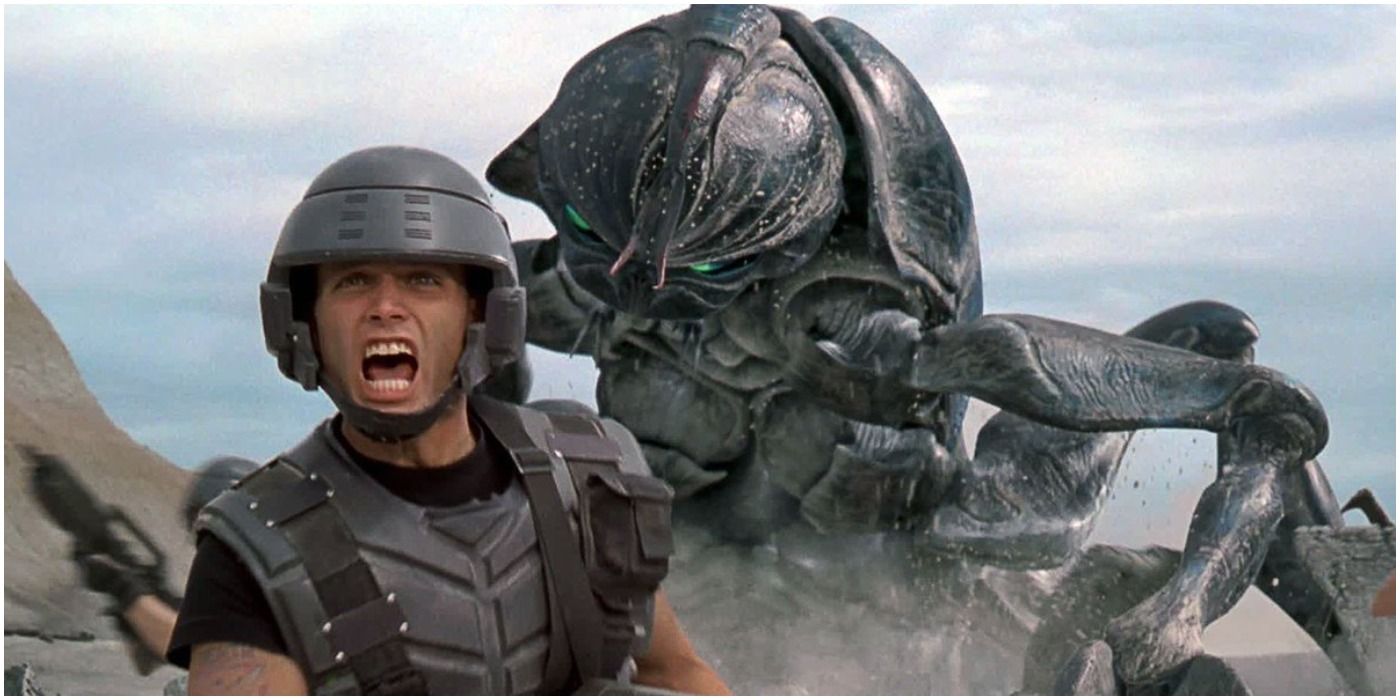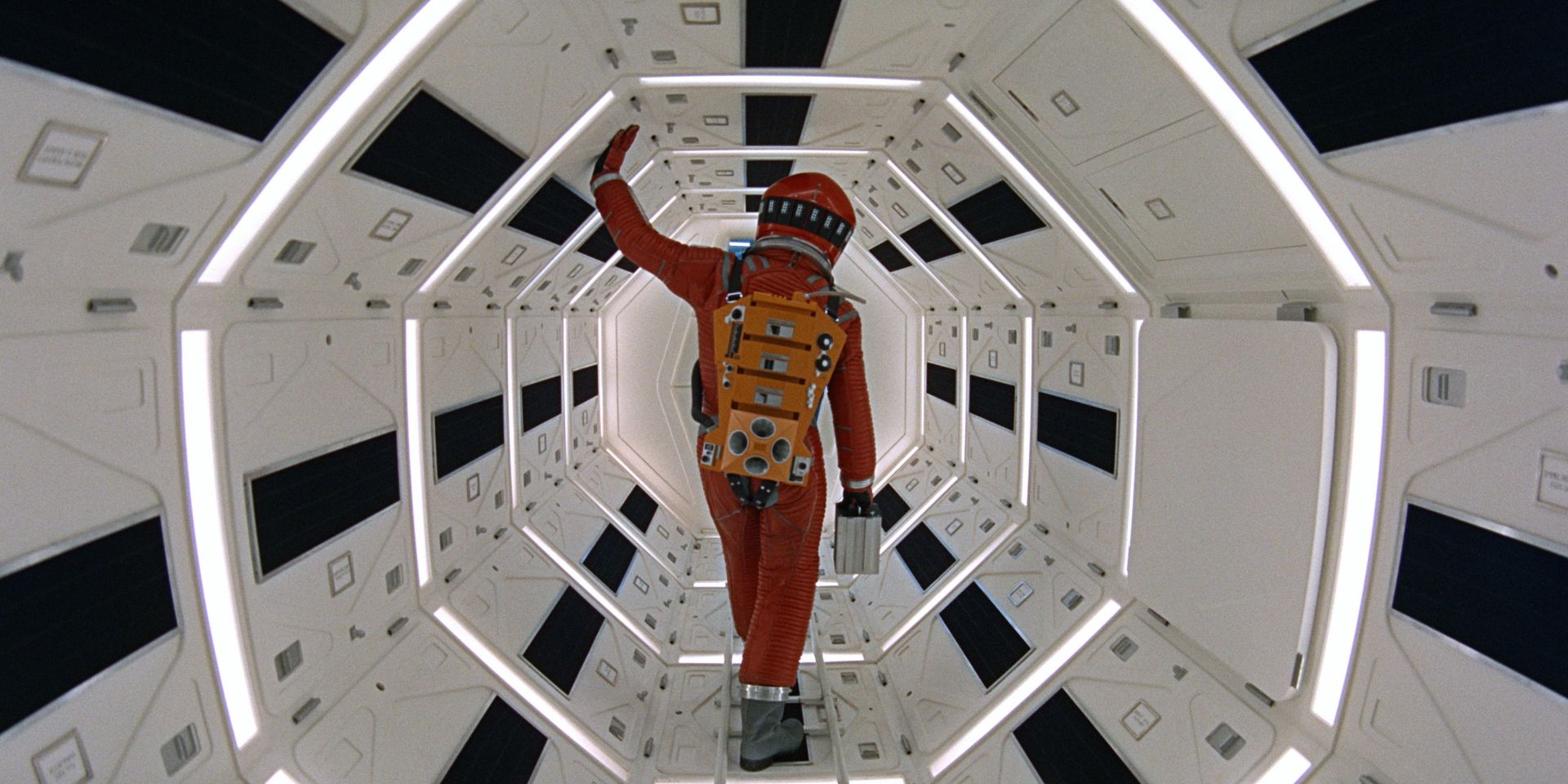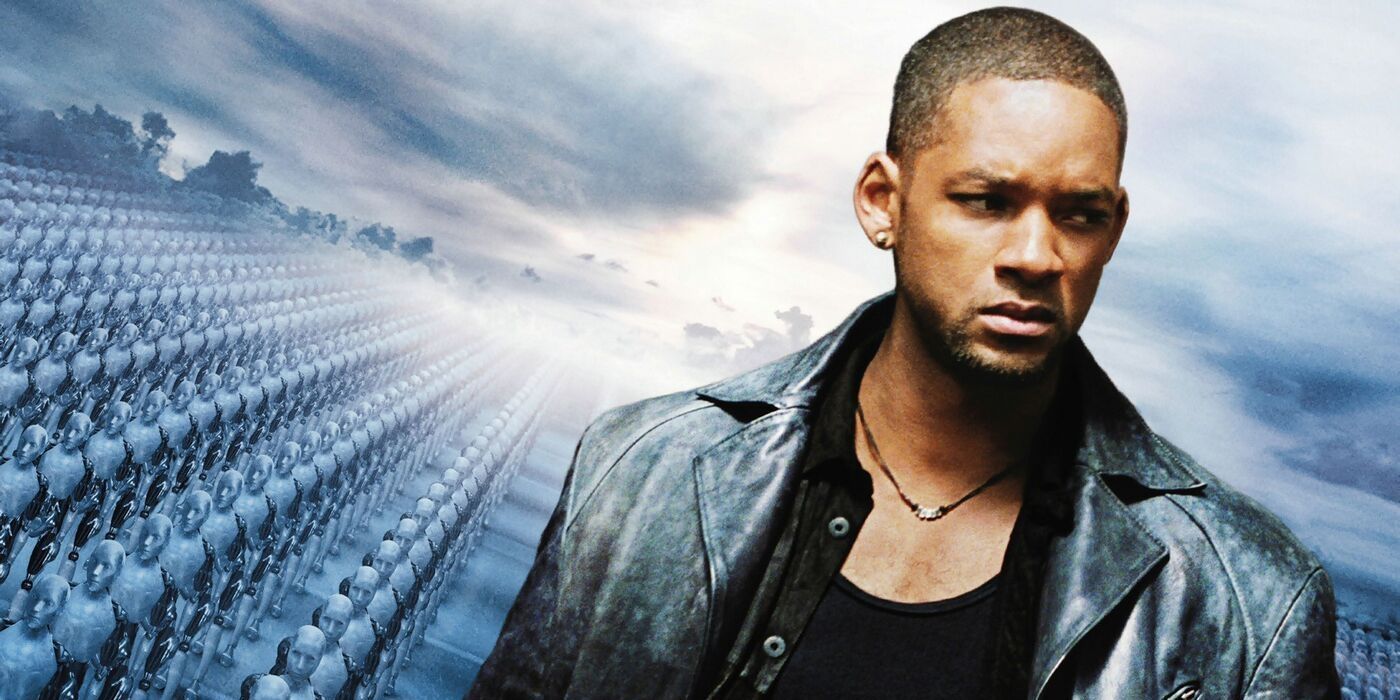In many ways, sci-fi is one of the most difficult genres to write, as one must walk a delicate balancing act between making a unique and creative fictional world but grounding it in scientific reason and logic that makes it believable.
What makes science fiction authors truly a league of their own is that they can do all of this without first-hand experiences with wild ideas like traveling to space or interacting with robots, it all comes from the power of their mind. There are many fantastic sci-fi writers in the world, but the vast community of experts on Ranker has chimed in to vote on the best science fiction authors of all time.
Stanisław Lem
Born in Lwów, Poland during the interwar period, Stanisław Lem came from a wealthy Jewish family, but his life was turned upside down by WWII and the Holocaust. Lem survived the war and began writing science fiction novels, although he had to go through much censorship in the new communist state in Poland.
With the thawing of communist censorship in the late 50s, Lem’s works propelled him to international fame, with many critics praising his satirical tone and exploration of philosophical themes of alien technology. His most famous work is the 1961 novel Solaris, which has been adapted for film multiple times, and follows a group of astronauts on an isolated research station as they try to communicate with extraterrestrial life.
Ursula K. Le Guin
Most widely known for the creator of the high fantasy novel series set in the fictional world of Earthsea, Ursula K. Le Guin also found much success in her sci-fi novel series Hainish, starting with The Left Hand of Darkness. The Hainish novels hypothesized that humans did not originate from earth, but are rather interstellar colonists from long ago.
A major theme in Le Guin’s writings was the socio-cultural effect of sex and gender norms, particularly through the lens of the ambisexual race of Gethenians. Le Guin’s various novels and short stories explore a wide range of topics from feminism to Jungian psychology.
Frank Herbert
The author of the best-selling science fiction novel of all time, Dune, and its five sequels, Frank Herbert got his start writing for pulp science fiction magazines during the 1950s before being inspired to start his seminal series about the war for a priceless desert planet.
Dune was published in 1965 to overwhelmingly positive critical reception, with many stating that Dune was the best sci-fi novel ever written. Dune has inspired many famous sci-fi films and has been adapted multiple times, most recently in Denis Villeneuve’s 2021 remake.
Philip K. Dick
Best known for Blade Runner, The Man in the High Castle, and Total Recall, Philip K. Dick is a controversial figure in the sci-fi realm. He was the progenitor of Paranoid fiction, which seeks to warp reality through both seemingly external and internal forces, such as mental illness, paranoia, and hallucination.
Growing up, he experienced several unexplained paranormal experiences, which had a profound impact on his later writing. Many of Philip K. Dick's novels have since been adapted in a variety of media, from the Blade Runner films to Amazon’s The Man in the High Castle series.
H. G. Wells
Known as the "father of science fiction", H. G. Wells honed his craft in the late Victorian and Edwardian eras, in which newfangled inventions and science such as the radio, microbiology, and airplanes were developing. Some of Wells' most famous works include The Time Machine, The Invisible Man, and The War of the Worlds.
The War of the Worlds was particularly influential on society and infamously led to mass hysteria and panic during a 1936 dramatized radio program, and his work is still being adapted to the screen today.
Ray Bradbury
A master of genre-bending within sci-fi, Ray Bradbury incorporated suspense, mystery, horror, and fantasy into his large body of work, which mainly included short story collections and a few novels, like Fahrenheit 451, which has been adapted to both movies and TV several times.
Bradbury mainly worked in “Speculative Fiction” which required the author to come up with out-of-the-box elements from scratch that do not exist in reality. He is still one of the most influential dystopian authors of all time.
Jules Verne
If H. G. Wells is the “Father of sci-fi” then Jules Verne is its grandfather. Writing in the Victorian era of mass industrialization and new scientific breakthroughs, Verne penned many of the very first sci-fi novels such as 20,000 Leagues Under the Sea and Journey to the Center of the Earth.
In many ways, Jules Verne paved the way for all future science fiction writers. The work of Verne, which blended 19th scientific technology and Victorian sensibilities, also inspired the ever-popular Steampunk sub-genre.
Robert A. Heinlein
Pioneer of the “Hard Science Fiction” genre of sci-fi, Robert A. Heinlein came from a background of science as an aeronautical engineer and strived to maintain utmost scientific accuracy and logical reasoning in his Sci-Fi writing.
Heinlein’s novel Starship Troopers influenced later “Space Marine” archetypes, including George Lucas’ Stormtroopers and Clone Troopers in Star Wars, and the Mecha Anime genre. His later work, like Stranger in a Strange Land and Time Enough for Love, explored the themes of free expression, individual liberty, and emotional love.
Arthur C. Clarke
A true renaissance man of science, Arthur C. Clarke was not only an accomplished writer, but also an inventor, deep-sea explorer, and proponent of satellite communications. He not only wrote about science fiction, but actively tried to make it a reality.
Clarke’s most known work, the Space Odyssey book series, was written in tandem with Stanley Kubrick’s now-famous screen adaptation, 2001: A Space Odyssey, which is widely considered the best sci-fi movie ever made. Clarke actually wrote both the screenplay and novel for 2001 during roughly the same time, with the book coming out just after the film’s release.
Isaac Asimov
One of the most prolific sci-fi writers of all time, Isaac Asimov penned more than 500 books. Asimov came from humble beginnings, born to a Jewish family in Russia during the tumultuous time of the Russian Revolution. Asimov and his family immigrated to the United States when he was 3, and he grew up in New York.
Asimov became a professor of biochemistry at Boston University while writing science fiction novels, his writing quickly became recognized, especially his Foundation series, which won the Hugo Award for "Best All-Time Series" in 1966. His Robot series of short stories was also highly regarded, with I, Robot being adapted to film in 2004, starring Will Smith. Asimov was also well known for writing popular science books on physics, biology, and astronomy.

